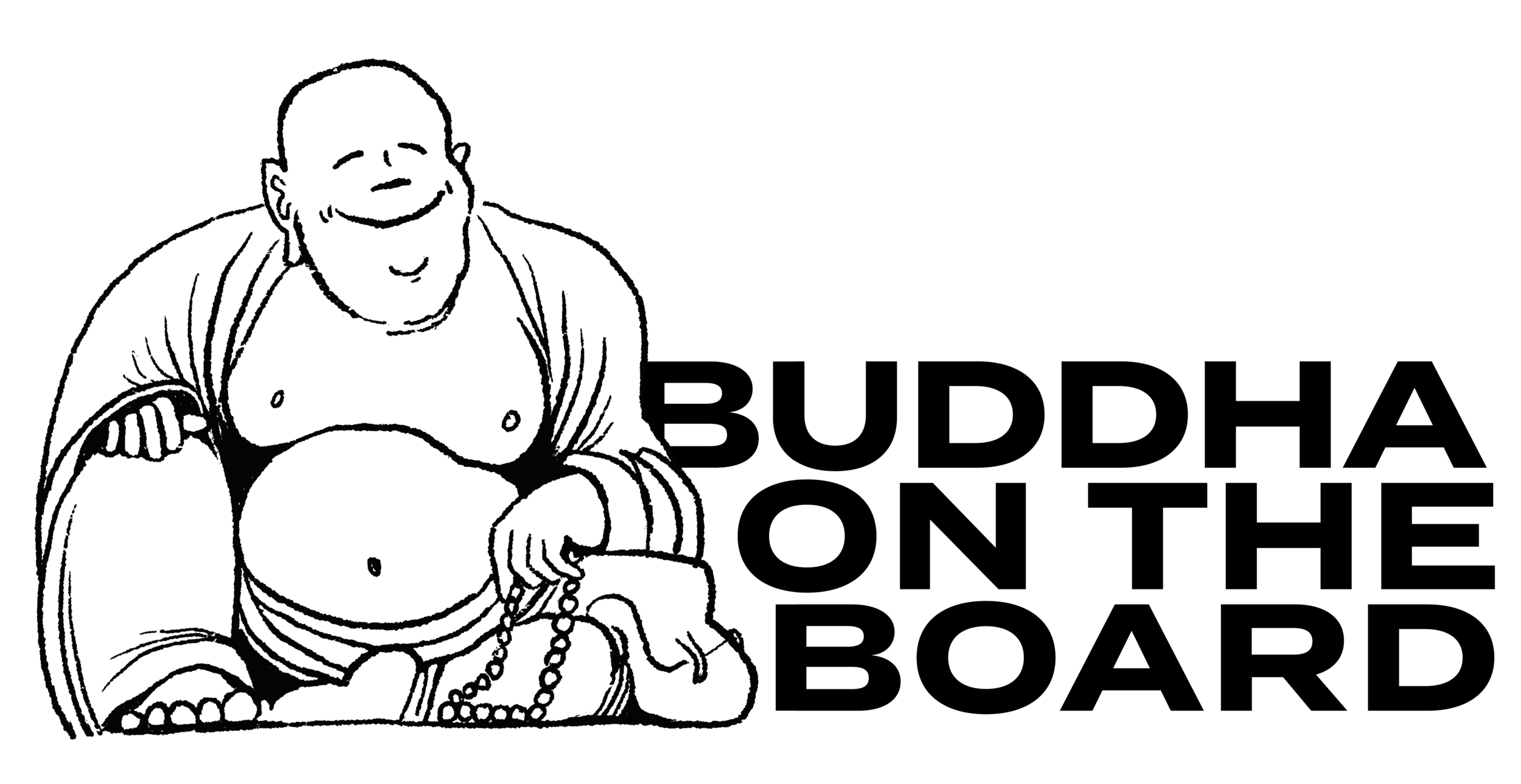Mother Theresa Was An Unlikely Management Guru
Books are the business cards of our time.
And not very good ones at that. As Shamash Alidina pointed out; they don’t even have contact details on them.
Everyone is writing them. And, unlike Shamash, most have nothing useful to say.
That’s not to diminish the effort, or the insight. But some ideas are best left small. Or given more time to percolate. Or practised more before they’re written. Or made more accessible, more useful. As a friend and mentor once said to me: what might a middle manager in Debenhams do with the information in the book? Well, nothing these days. But that’s another story.
Old ideas have had time to percolate. They have been road tested over time. They have been practised and refined.
Mother Theresa was an unlikely management guru.
But a no less impressive one.
She ran over 400 orphanages across 100+ countries. That’s quite an operation. And she did it over with no cash reserves. That goes against most management good practise. No cash reserves. No three month buffer. Or your version of prudent.
She trusted that when they needed money, they’d get it. And it worked for her.
For her, the important work, the work to focus on, was the care and the provision of care. This was her most important thing.
This is an idea which has stood the test of time.
Work only on the Most Important Thing. And trust that the wider supporting cast of needs will take care of themselves.
That strategy worked for Mother Theresa running an organisation bigger than most businesses. It worked for Suzuki Roshi, Zen Master too. In his book “Zen Mind, Beginners Mind” (a book based on his 50+ years of practise) he coined the useful phrase: “remember the most important thing is to remember the most important thing”.
Not 10 things. Not even five, or three. But the most important thing.
Maybe Suzuki Roshi and Mother Theresa were in a mastermind group together. Or a breakout room.
As unlikely management gurus as they are, that advice has stood the test of time.
Make work simple.
Focus only on the most important thing. And trust the other parts to fall into place.
What’s your most important thing?
